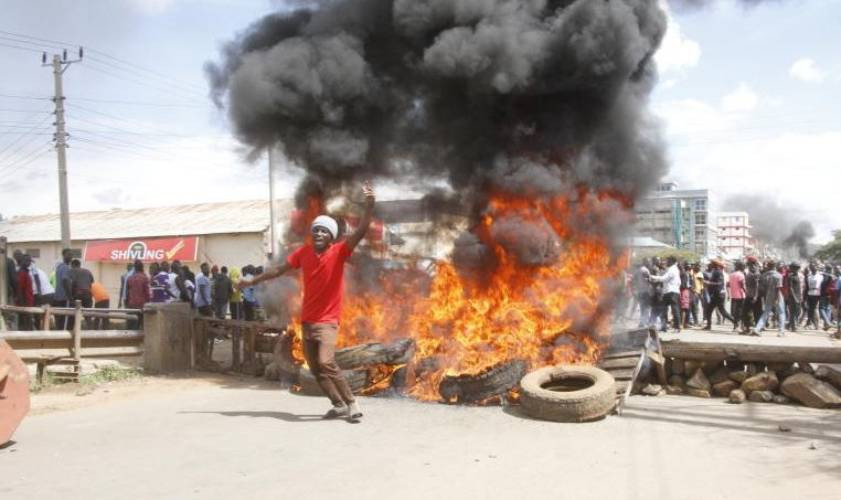×
The Standard e-Paper
Fearless, Trusted News

Kenya experienced a tumultuous 2023 marked by political unrest, economic challenges, and legal battles.
The clash between the government and the opposition spanned a range of issues, from elections to fuel prices and the high cost of living.